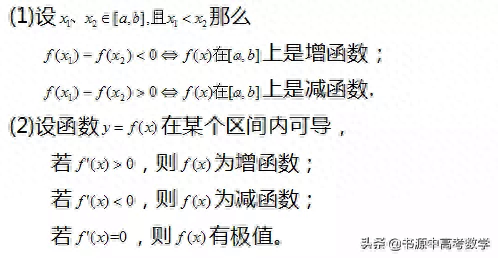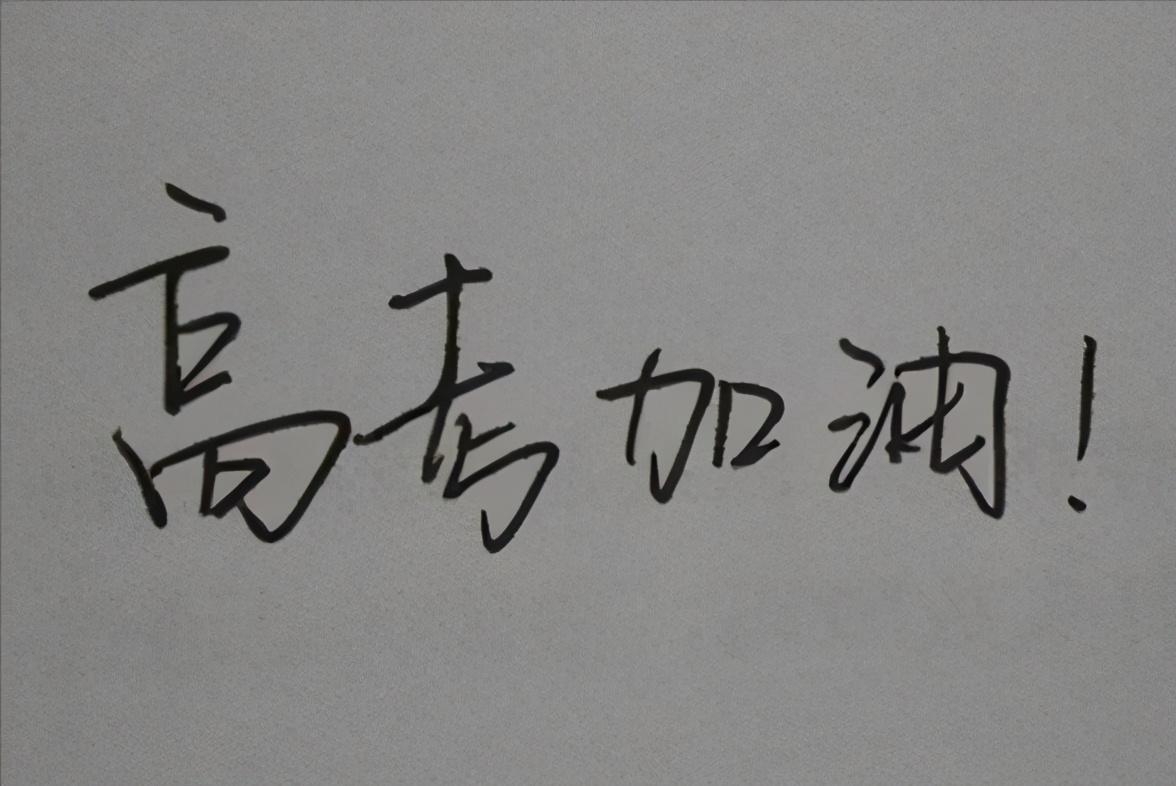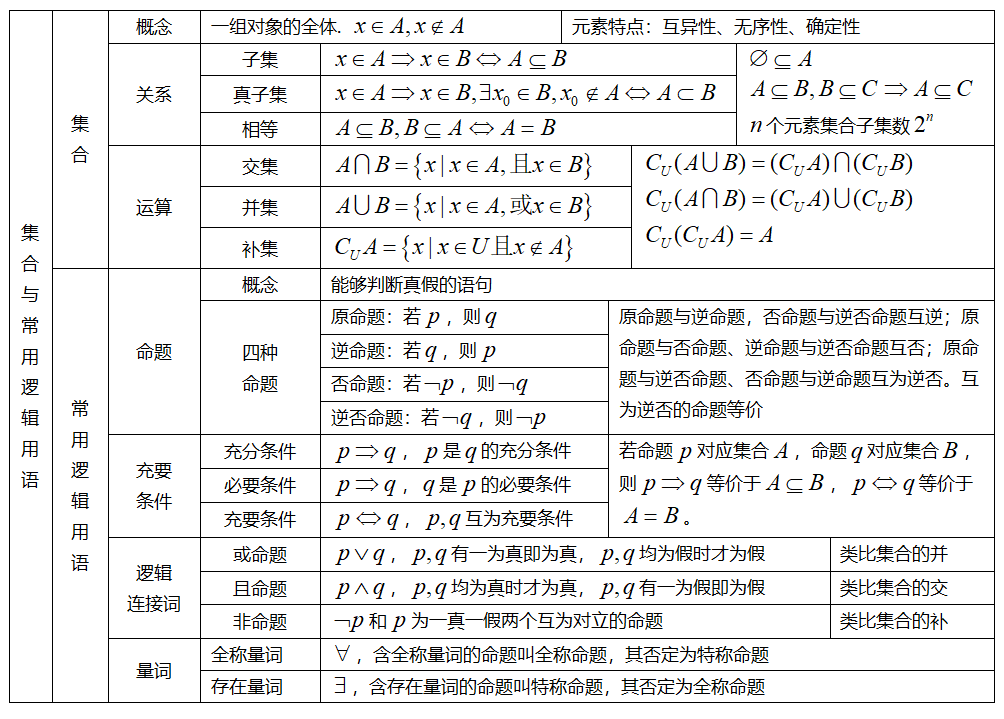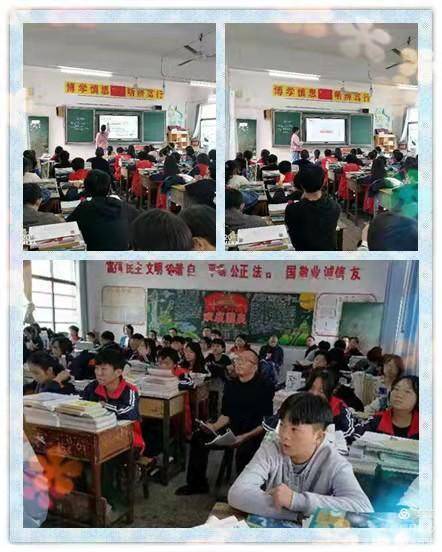一. 定义:副词主要用来修饰动词,形容词,副词或其他结构。
一般副词主要分为以下几种:
①.时间副词
如: often, always, early, now
②.地点副词
如: here, there, above, outside
③.方式副词
如: hard, well, badly, fast, slowly
④.程度副词
如: very, quite, much, still, almost
2.疑问副词(放在特殊疑问句的句首)
如: how, when, where, why
3.关系副词(放在定语从句句首)
如: when, where, why
4.连接副词(放在名词从句句首)
如: how, when, where, why, whether
二. 副词的位置 :
1) 在实义动词之前。
2) 在be动词、助动词之后。
3) 多个助动词时,副词一般放在第一个助动词后。
注意:
a. 大多数方式副词位于句尾,但宾语过长,副词可以提前,以使句子平衡。
例如:We could see very clearly a strange light ahead of us.
我们清楚地看到前面有奇怪的光。
b. 方式副词well,badly,hard等只放在句尾。
例如:He speaks English well. 他英语说得好。
三. 副词的排列顺序:
1) 时间,地点副词,小单位的在前,大单位在后。
2) 方式副词,短的在前,长的在后,并用and或but等连词连接。
例如:Please write slowly and carefully. 请写得慢一些,仔细一些
3) 多个不同副词排列:程度+地点+方式+时间副词。
注意:副词very 可以修饰形容词,但不能修饰动词。
改错:(错) I very like English. (对) I like English very much.
注意:副词enough要放在形容词的后面,形容词enough放在名词前后都可。
例如:I don't know him well enough. 他我不熟悉。
There is enough food for everyone to eat.有足够的食物供每个人吃。
四. 兼有两种形式的副词
1) close与closely
close意思是\"近\";closely 意思是\"仔细地\"。
例如:He is sitting close to me. 他就坐在我边上。
Watch him closely. 盯着他。
2) late 与lately
late意思是\"晚\";lately 意思是\"最近\"。
例如:You have come too late. 你来得太晚了。
What have you been doing lately? 近来好吗?
3) deep与deeply
deep意思是\"深\",表示空间深度;deeply时常表示感情上的深度,\"深深地\"。
例如:He pushed the stick deep into the mud. 他把棍子深深插进泥里。
Even father was deeply moved by the film. 老爸也被电影深深打动了。
4) high与highly
high表示空间高度;highly表示程度,相当于much。
例如:The plane was flying high. 这架飞机飞得很高。
I think highly of your opinion. 你的看法很有道理。
5) wide与widely
wide表示空间宽度;widely意思是\"广泛地\",\"在许多地方\"。
例如:He opened the door wide. 他把门开得大大的。
English is widely used in the world.英语在世界范围内广泛使用。
6) free与freely
free的意思是\"免费\";freely 的意思是\"无限制地\"。
例如:You can eat free in my restaurant whenever you like.
无论什么时候,我这饭铺免费对你开放。
五.各种类型副词的位置
英语中副词的位置和汉语不尽相同,它的位置比较灵活。通常用作状语修饰动词、形容词、副词等。下面来介绍一下副词的分类方法:
多数副词都可以放在它所修饰的动词后面。
如:He runs slowly. 他跑的很慢。
时间副词、地点副词和方式副词一般放在句末。
如:They went to the park yesterday morning. 昨天上午他们去公园了。
I heard him sing English songs over there. 我听见他在那边唱英语歌曲。
注意:有时表示时间的副词也可放在句首,起强调作用。
如:Yesterday I got up late. 昨天我起床很晚。
频度副词一般放在be动词、情态动词及第一个助动词之后,实义动词之前 。
如:He is seldom ill. 他很少生病。
You must always remember this. 你一定要记住这一点。
I often write to my parents. 我经常写信给父母。
注意:有时为了加强语气,频度副词也可放在句首。
如:Sometimes she goes to school by bus and sometimes she goes to school by bike. 有时她乘公共汽车上学,有时骑自行车去。
程度副词修饰动词时,与频度副词相同,修饰形容词和副词时,放在它所修饰的词前面。
如:I nearly missed the bus. 我几乎错过了公交车。
否定副词一般放在动词之前、系动词be或助动词之后。
如:She seldom goes out at night. 她晚上很少出门。
I am never late for school. 我上学从不迟到。
疑问副词放在特殊疑问句的句首。
如:When can you come? 你什么时候来?
还有what,how,why,how many等词
同时存在时间状语和地点状语时,时间状语一般放在后面。
如:The meeting will be held in the classroom tomorrow.
明天会议将在教室里举行。
注:有些词既可用做形容词也可副词。
如:late, wide, well, fast, easy, early 等
The road is so wide that 8 buses can go throw it at a time.
Open your mouth wide.

















